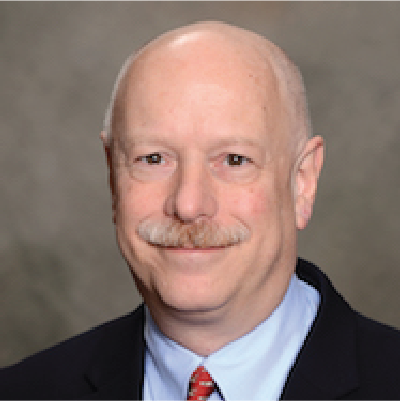About this Podcast:
 Leslie Citrome, MD, MPH, a member of WCG’s Scientific Leadership Team, shared his insights on the most pressing challenges in psychiatry clinical trials and how scientists are addressing them during a recent conversation with Mark Opler, MD, PhD, chief research officer at WCG-MedAvante-ProPhase. Dr. Citrome has a private practice and is clinical professor of psychiatry and behavioral sciences at New York Medical College in Valhalla.
Leslie Citrome, MD, MPH, a member of WCG’s Scientific Leadership Team, shared his insights on the most pressing challenges in psychiatry clinical trials and how scientists are addressing them during a recent conversation with Mark Opler, MD, PhD, chief research officer at WCG-MedAvante-ProPhase. Dr. Citrome has a private practice and is clinical professor of psychiatry and behavioral sciences at New York Medical College in Valhalla.